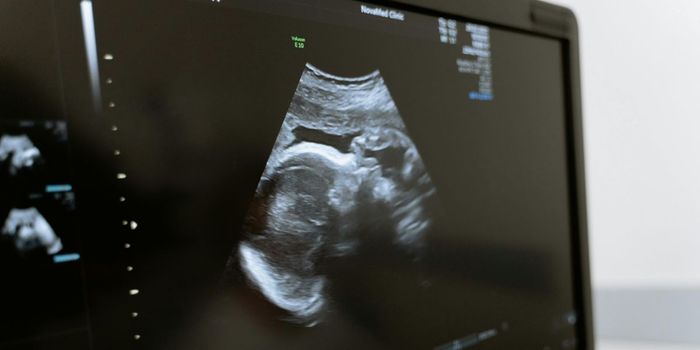Could Eye-tracking Data Detect THC Levels?
Eye-tracking data shows promise for detecting levels of tetrahydrocannabinol (THC). The corresponding study was published in Cannabis and Cannabinoid Research by researchers from Canada.
While cannabis is one of the drugs most often found among drivers involved in serious motor vehicle accidents, not all cannabinoids affect driving ability. A study from 2020, for example, found that cannabidiol (CBD), a non-psychoactive compound of cannabis, does not affect driving ability. THC, however, has been linked to a 1-3 fold increased risk for accidents.
Some drug tests struggle to differentiate between CBD and THC. Moreover, as CBD products can contain small amounts of THC leftover from the distillation process, people who have consumed them may test positive for THC, despite being minimally under its influence. Tests that can detect THC levels independently of CBD and other cannabinoids could be essential for law enforcement, as well as future research investigating the effects of cannabinoids.
For the present study, researchers collected blood samples, eye-tracking recordings, and driving performance data from 10 people during a driving simulation experiment. All participants underwent a baseline driving trial prior to cannabis exposure, as well as seven further trials at various times within 5 hours of exposure.
In the end, the researchers found that mean pupil diameter and gaze pitch angle were significantly correlated with levels of THC in participants’ blood. Saccade movements, or rapid eye movements between fixation points, showed a significant correlation with driving performance.
The researchers conclude that eye-tracking data could potentially be used to detect the presence of THC and to assess the driving-related effects of cannabis. Further research is needed, however, to confirm the results from this preliminary study due to limitations, including small sample size and lack of control group.
Sources: Cannabis and Cannabinoid Research, University of Sydney, NY Times, US Department of Transportation









